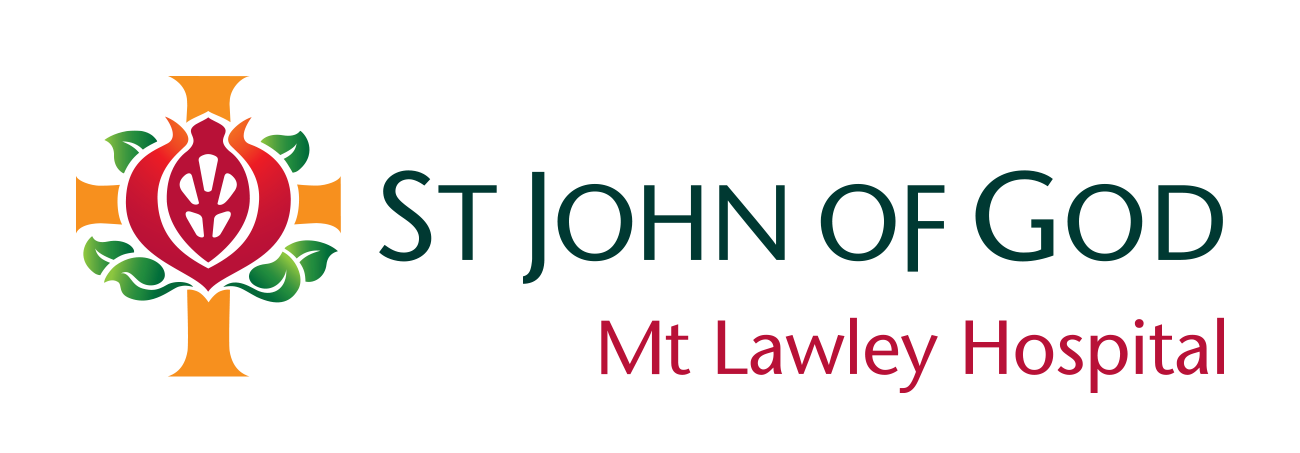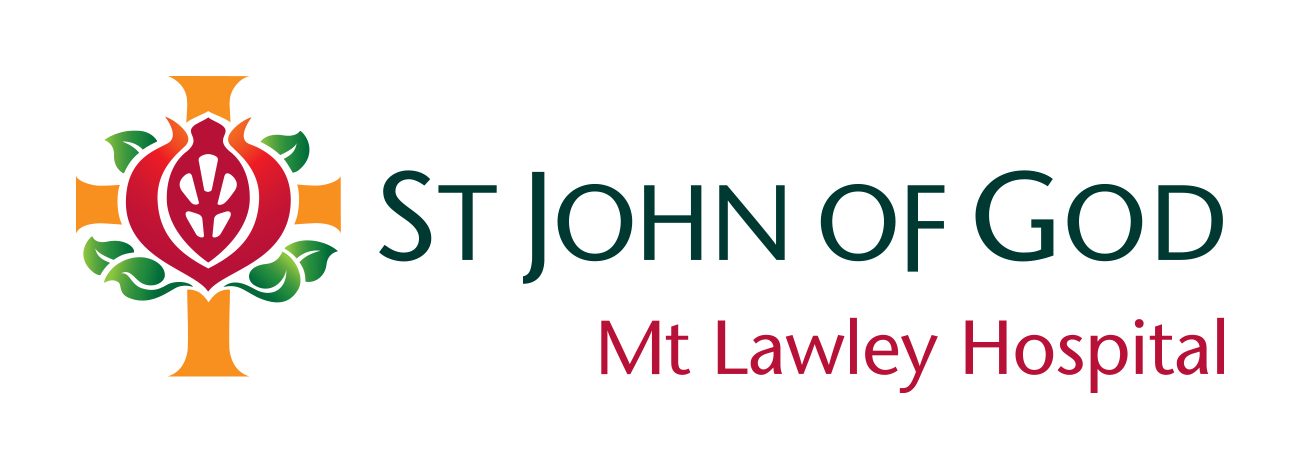Restoring hope: The journey of occupational therapy in mental health
St John of God Mt Lawley Hospital Occupational Therapist Courtney Pardini shares in her own words how occupational therapists help create supportive environments for healing and growth.
23 Oct 2024

Mental health challenges can be incredibly isolating and debilitating, and as an occupational therapist, I help clients rediscover their strengths and regain a sense of purpose.
Facilitating their journey towards improved mental wellbeing is not just a job for me — it is a privilege. Working on the Ursula Frayne Unit (UFU), the older adult mental health unit at St John of God Mt Lawley Hospital has been one of the most enjoyable and impactful jobs I have had. I get the pleasure of working with the most extraordinary mental health care team who assist with creating holistic care plans to serve better outcomes for the patients and their families. I have the opportunity to develop meaningful relationships with patients and their families and understand their unique stories, which allows for a more profound impact on their rehabilitation and overall wellbeing.
The role of occupational therapy in mental health
Occupational therapists focus on various assessments and interventions designed to enhance the patient's physical, emotional and social functioning through engagement in meaningful activities and occupations.
I find immense satisfaction in advocating for mental health awareness and reducing stigma, particularly during weeks with a focus on mental health, such as Mental Health Week. By engaging with the community and sharing my experiences, I contribute to a broader understanding of mental health issues and help to create a more supportive environment for individuals seeking care.
Occupational therapy assistants and occupational therapists facilitate our weekly group recovery program. The goals of the program are to:
- enhance recovery by supporting the patient through a blend of physical, emotional and mental activities
- educate the patients with knowledge and skills relevant to their recovery
- provide social interaction to assist with fostering a sense of community and belonging among patients
- provide cognitive stimulation to keep patient’s minds active and engaged, aiding overall mental health.
The completed activities range from physical activities designed to promote physical health and mobility, functional activities that aim to enhance daily living skills and independence, cognitive activities that stimulate mental processing and memory, and creative activities that encourage self-expression and creativity.
Additionally, we have whiteboards in the common dining area that facilitate information sharing and patient interaction. Some of the interactive activities include:
- Guess the caregiver: Patients match caregivers to exciting facts.
- Nine letter word scramble: A challenging game that encourages cognitive engagement.
- Rebus puzzles: Visual puzzles that promote problem solving skills.
- Recent events discussions: Focus on current events such as the Olympics, NAIDOC week and Mental Health Week to foster social conversation and awareness.
- Riddles and facts of the day: Fun and thought provoking content to stimulate curiosity and engagement.
- Gratitude tree: An interactive activity where patients can express and share what they are thankful for, promoting positivity and emotional wellbeing.
Ultimately, the rewarding aspects of my work as an occupational therapist in mental health lie in the resilience I witness, the connections I build, and the hope I can instil in my clients as they work towards recovery and improved wellbeing.
You may be interested in

